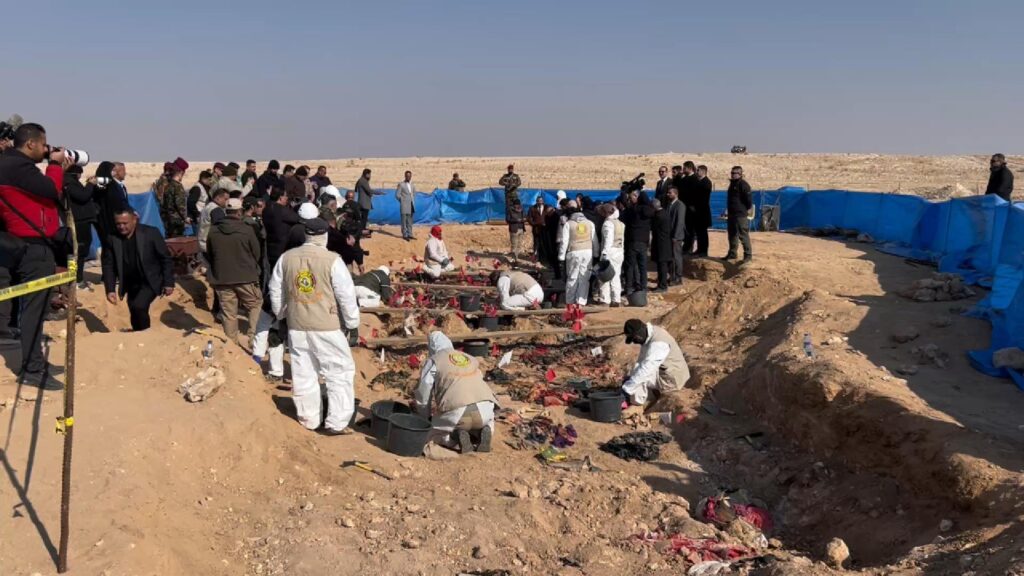McGurk: SDF can’t handle ISIS captives, women and children alone

McGurk said the Kurdish-led Syrian Democratic Forces (SDF) had done the world a great service in clearing ISIS from its last holdouts in northeast Syria, but that it now needs the world’s help to process captured militants and their families.
“Now we have this extraordinary situation of the housing of foreign fighters and very hardcore fighters in these camps, and they’re going to need help,” McGurk told Rudaw, following a panel discussion at the National Press Club in Washington on Tuesday.
“I am confident that the administration here in Washington is going to do some things to help these with humanitarian resources and others. But this is really an international problem,” he said.
McGurk resigned as special presidential envoy in December after US President Donald Trump announced imminent plans to withdraw all US troops from Syria, potentially leaving America’s allies in the war against ISIS exposed to attack by Damascus or Turkey.
“I think the panel today here talked about the need to really internationalize this problem, really help with our global coalition and other partners to really help resolve it on an international basis because the Syrian Democratic Forces can’t handle that on their own, that’s for sure. So we need to provide them with some support,” he added.
Tens of thousands of ISIS members, including the wives and children of ISIS fighters, poured out of Baghouz, Deir ez-Zor province in recent weeks as the SDF liberated the last square kilometers of the once sprawling ISIS “caliphate”.
A significant number are citizens of western states, which have refused to take them back, fearing they could pose a security threat at home.
The mass exodus from Baghouz has swelled the population of Al-Hol camp in Hasaka from 35,000 in February to more than 73,000, according to UN figures. Many in the overcrowded camp are fatigued, malnourished, and deeply traumatized. Others remain utterly committed to the ISIS cause.
“A lot of the adults and women are still indoctrinated in this ideology and the most tragic part is the children,” McGurk told Rudaw.
“This is an international problem. It is going to require the UN, it’s going to require Red Crescent Society, it’s going to require all these international non-governmental institutions to come and help to resolve this.”
“It is an international problem. So it really requires global response,” he added.
The SDF has long said western states should take back their citizens – many hundreds of which are held in prisons across northern Syria. Without a recognized justice system, the Kurdish administration of northern Syria is unwilling to prosecute foreigners.
Iraqi ISIS members and a dozen French nationals have been handed over to Baghdad to face trial.
Several western states are considering steps to repatriate those children either born in the caliphate or taken their by their parents.
However, both the UK and Australia recently refused to retrieve children from northern Syria, claiming such an operation would endanger the lives of their officials.
“I’m not going to put one Australian life at risk to try and extract people from these dangerous situations,” Australian Prime Minister Scott Morrison told reporters Monday, after refusing to rescue three orphaned children of Australian ISIS militant Khaled Sharrouf from Al-Hol.

